One of the interesting things about how school children receive their nourishment while living on a space colony in orbit of the planets of the Solar System is how similar it is to meal preparation and consumption on the International Space Station and the Space Shuttle. The high schoolers of the Neo Challenger space colony in orbit of Saturn, for instance, look forward to a good and hearty rehydrated astronauts' lunch every Friday of the school week.
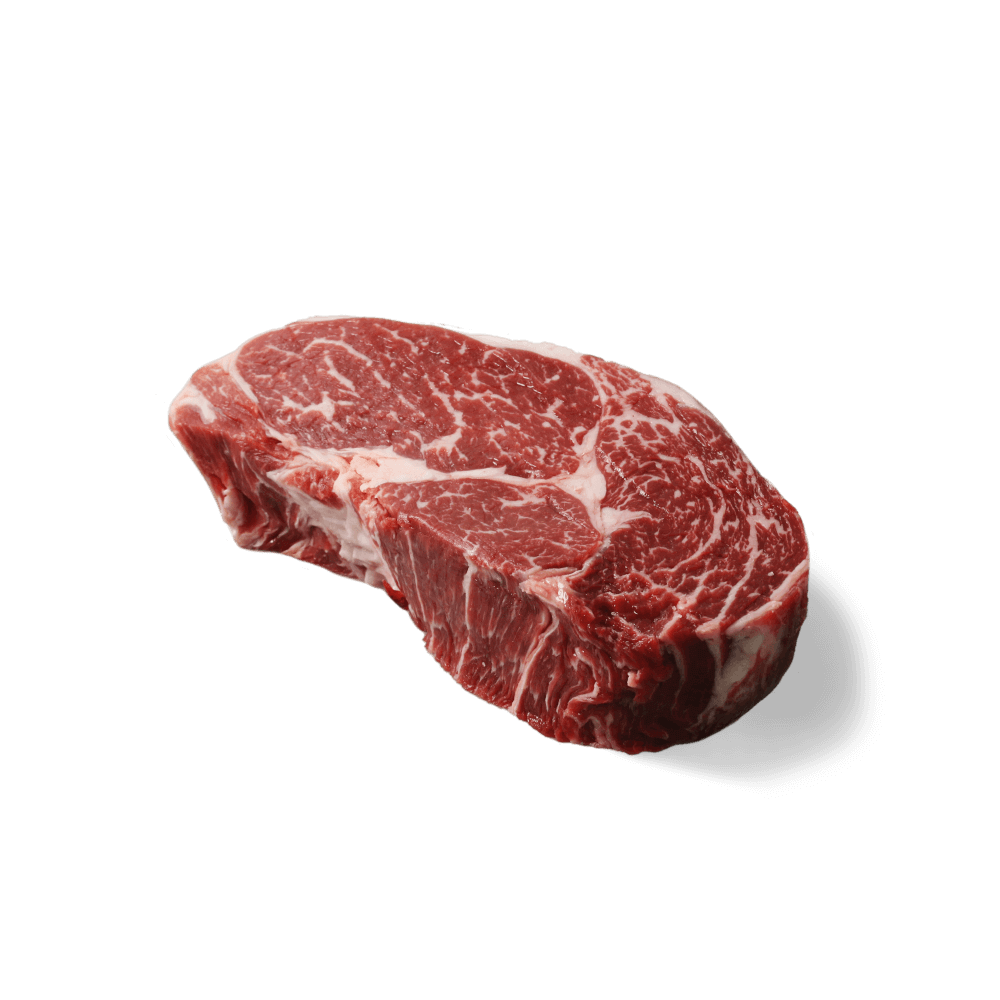 |
Entrée: Laboratory-grown Beef Steak with Barbecue Sauce
|
One of the benefits of living in microgravity is that molecular dynamics change allowing for full duplication of animal tissues to be grown as rich foods without killing anymore actual animals.
 |
| Spinach |
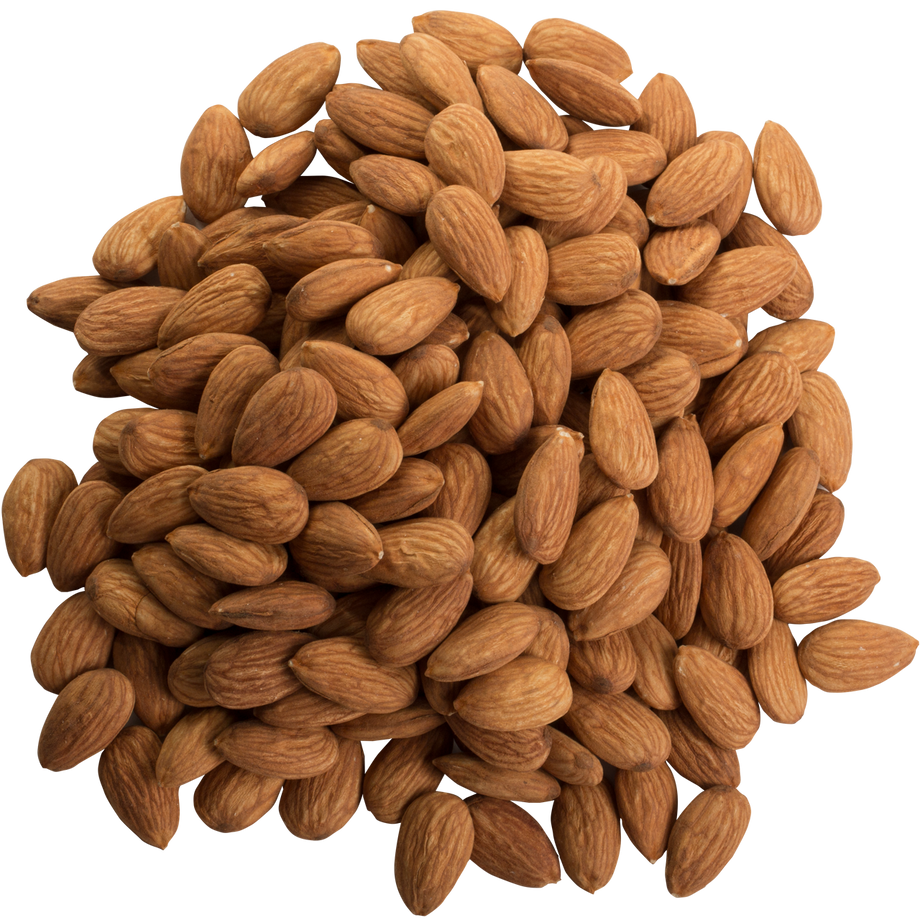 |
| Almonds |
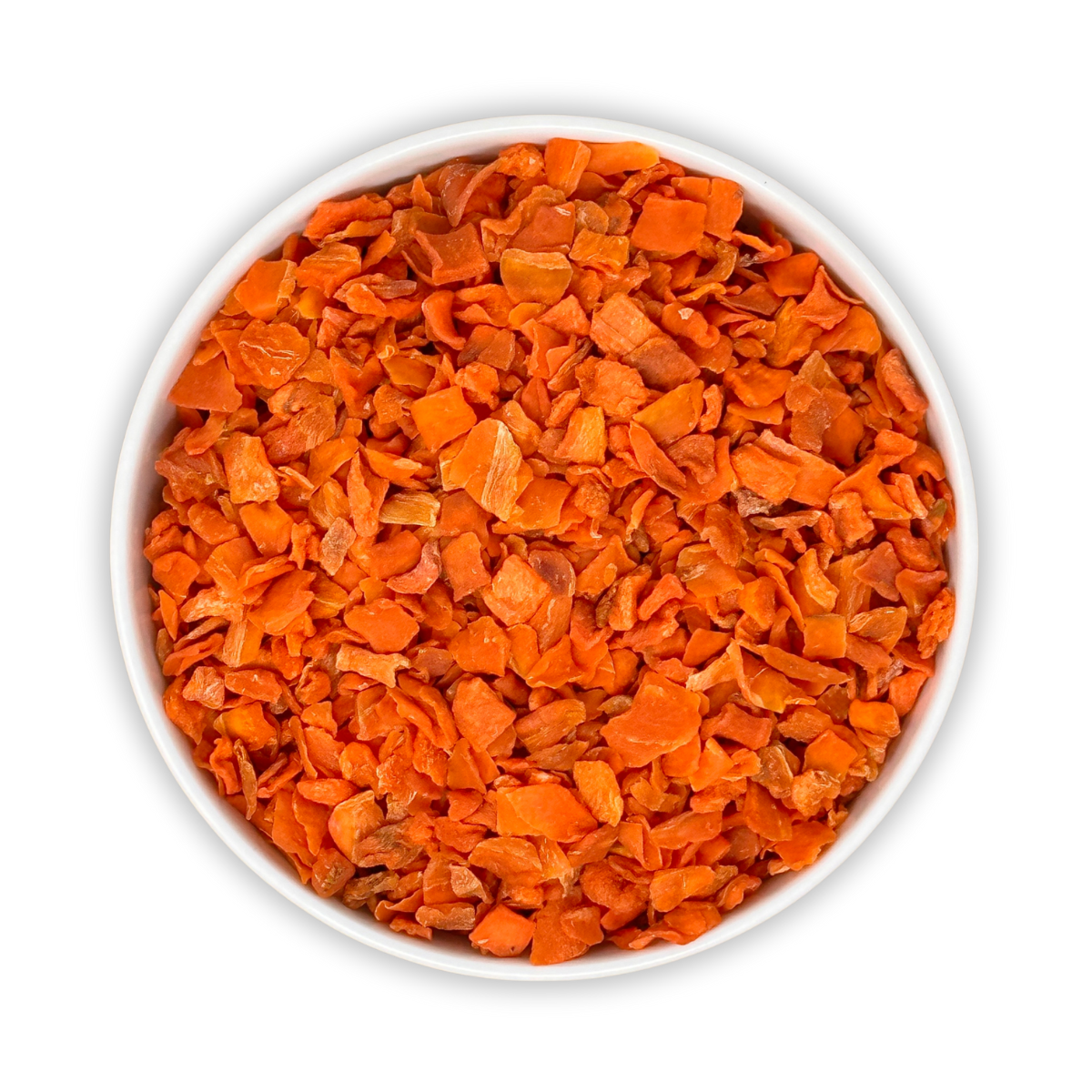 |
| Carrots |
Without any toxic preservatives or additives, military surplus rations are freeze-dried and then launched into space aboard cargo transports to be rehydrated upon delivery to the consumer ready to eat. The essential legumes and vegetables for protein, vitamins and minerals is often mashed spinach and carrots with salted almonds mixed in as the appetizer and salad option.
 |
Side Dish: Wheat Crackers
|
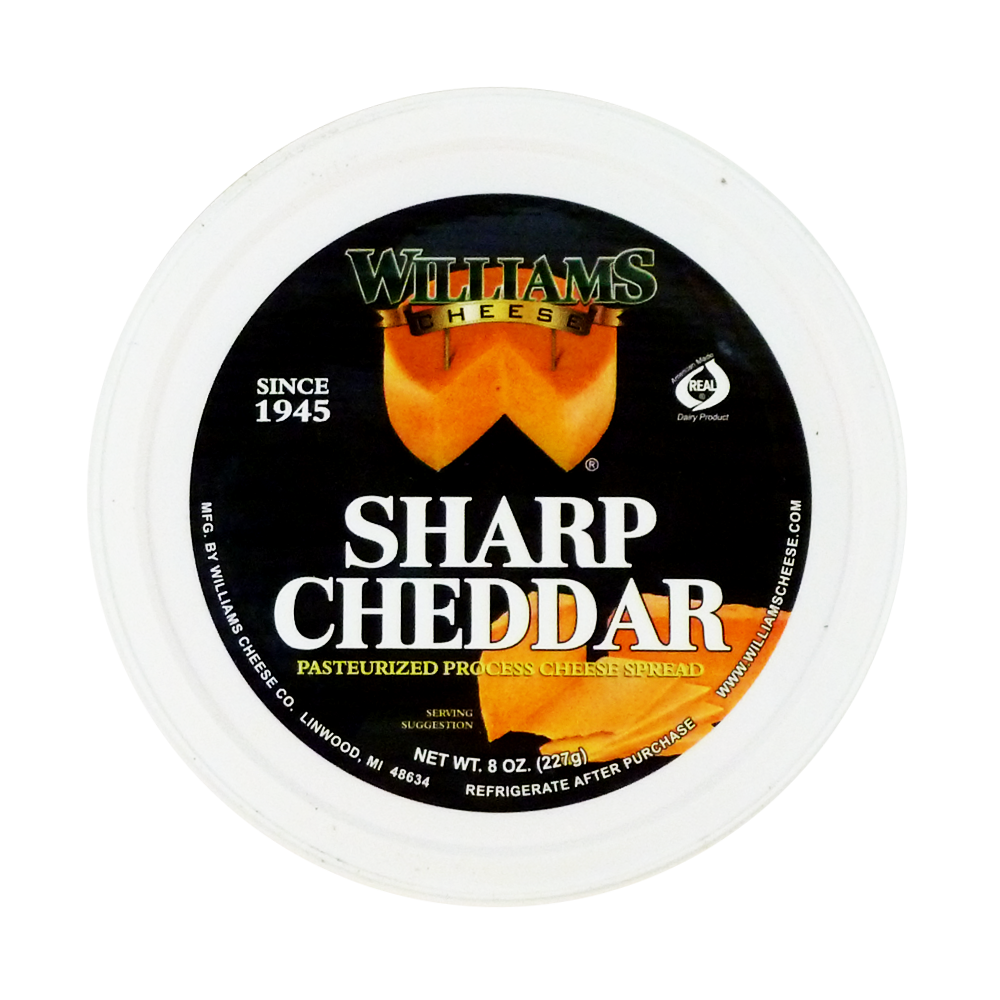 |
Topping: Cheddar Cheese Spread
|
For those who remember Wallace & Gromit going to the Moon in A Grand Day Out, they will be please to know that the side of salted wheat crackers and cheddar cheese will live on.
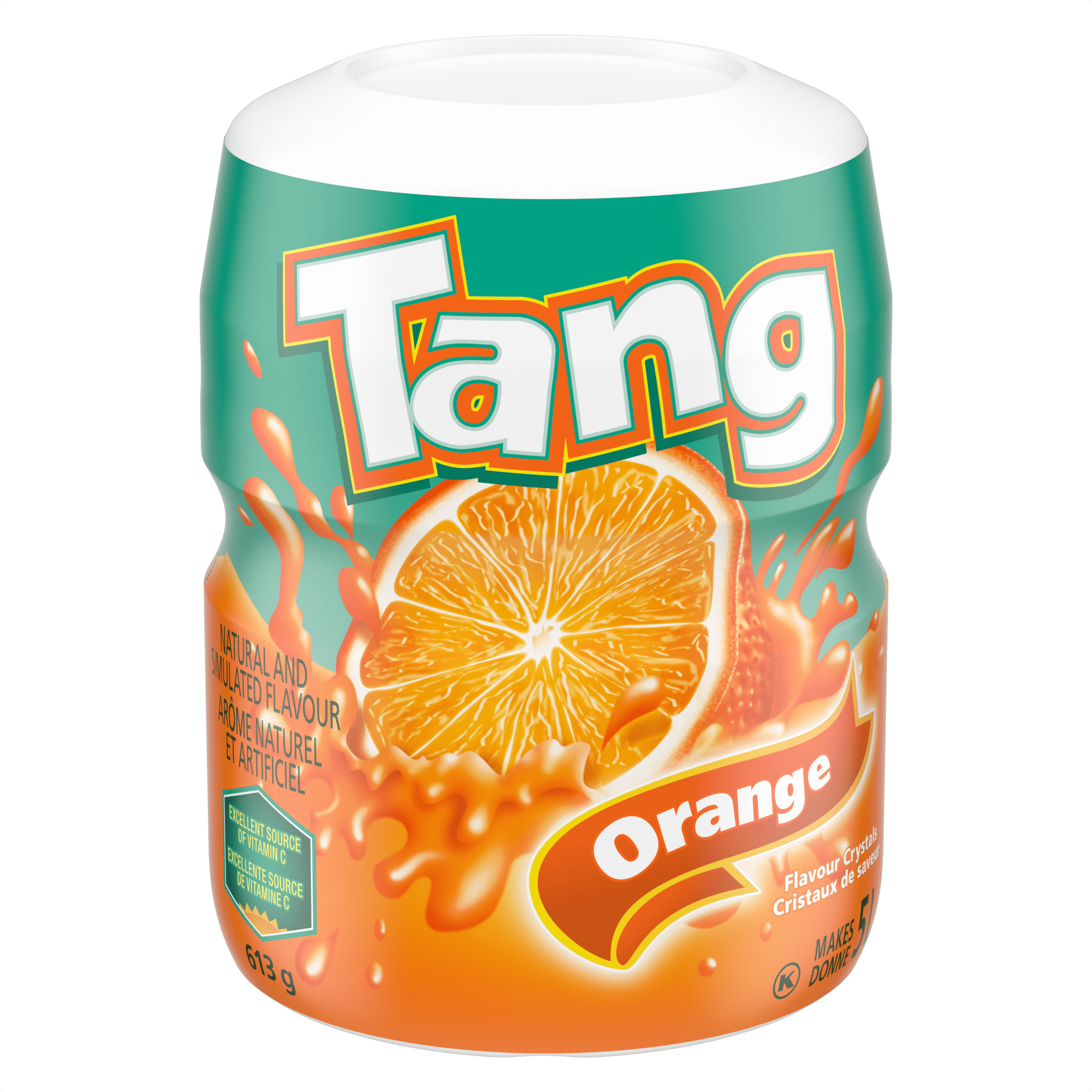 |
Beverage: Orangeade Tang
|
And just like the real astronauts of old, the oft-favorite drink of the space program lives on as a powdered orangeade drink like Tang. One of the benefits of freeze-drying or powdering drinks and food to be sent up into space is that they last longer at ambient temperatures than many of their counterparts made for consumption on Earth. No need for the diced cubes and tubes of food or drink paste like the Mercury, Gemini, Vostok and Voskhod flights of way back when.
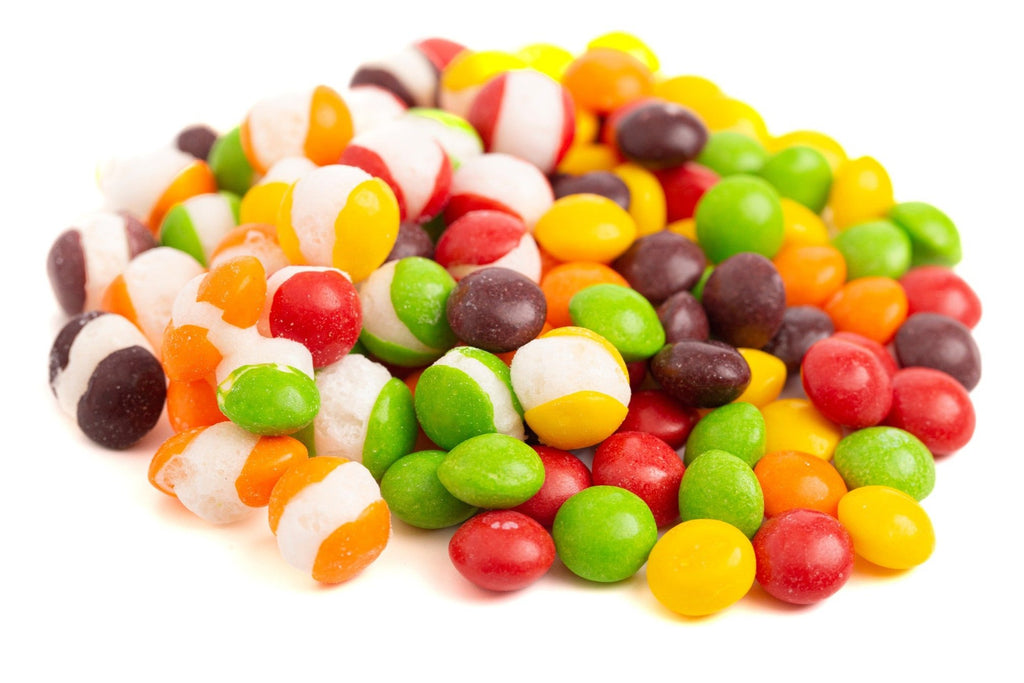 |
| Dessert Choice A: Frosted Skittles |
|
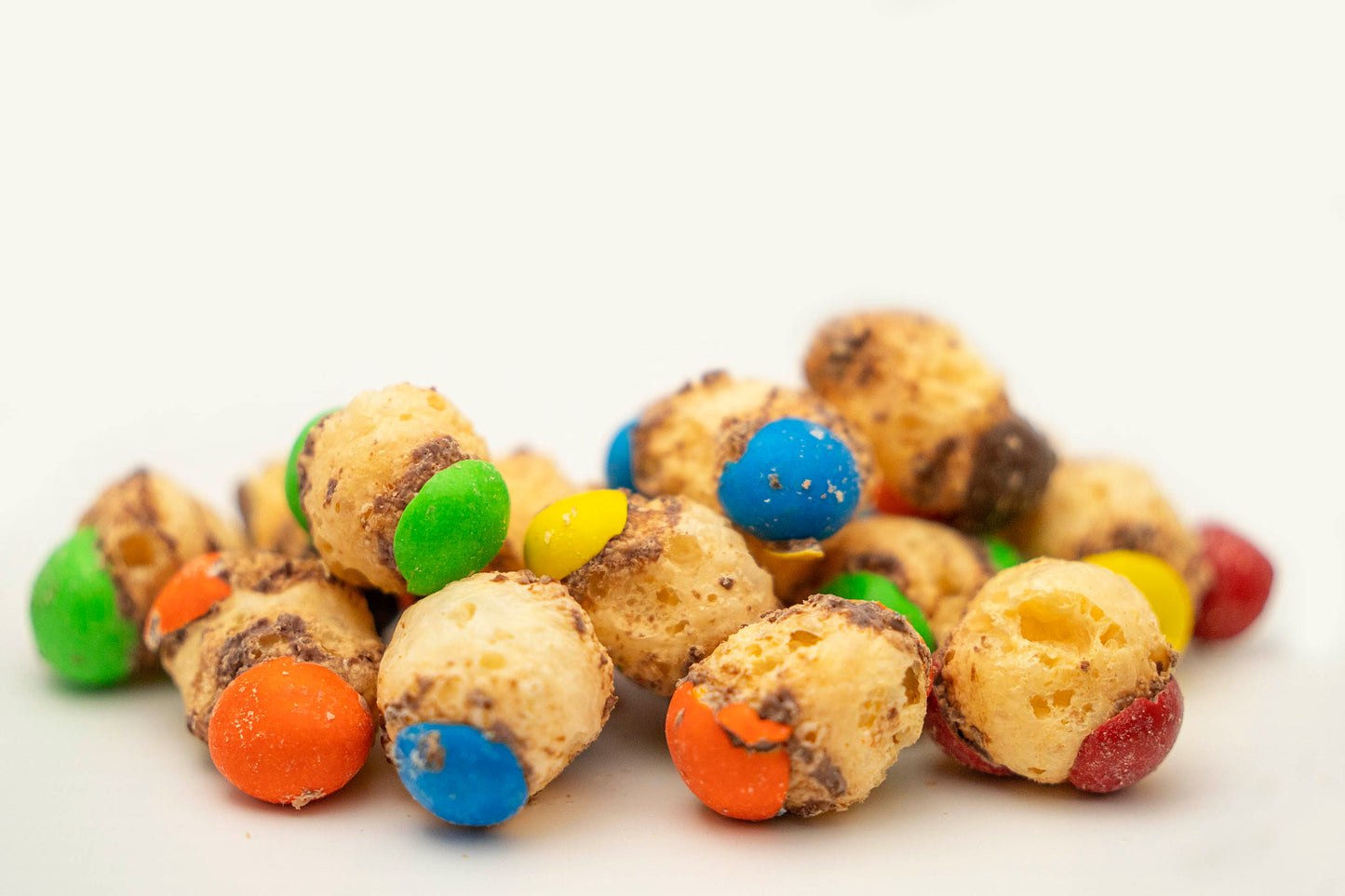 |
Dessert Choice B: Peanut M&Ms
|
As for a dessert, many space colony school children will want to snag some candy-coated peanuts or fruit-flavored drops like M&Ms and Skittles. When there are periods of microgravity for purposes such as maintenance and research, some like to conduct experiments with water bubbles and seeing how many M&Ms or Skittles a person can catch while floating. But where do they go to hydrate the food once a student receives it? They take it to the water hydrator.
 |
Hydrator: A Hot and Cold Water Dispenser
|
Essentially, they take a selected food or drink powder container to a hydrator which is merely a water dispenser where a small needle attached to the top is stuck into the container. Select the hot water and press down to apply as much needed to hydrate and heat up solid food like a steak or other entree. Select cold water to add to Tang or condensed reduced fat milk so as to bring the drink up before shaking it around for even distribution. Welcome to the future...













No comments:
Post a Comment